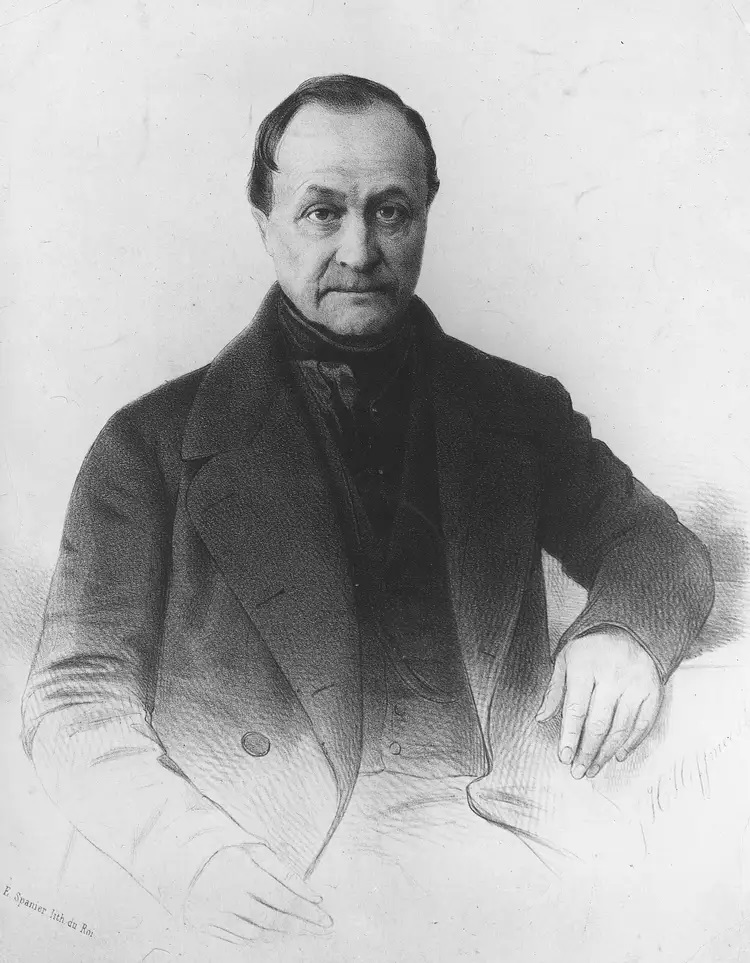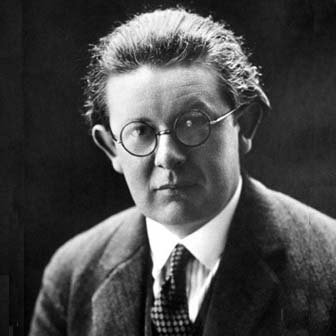
To help me process the recent loss of @BrunoLatourAIME, let me give you some of my ‘hot takes’ on his work and how I read him. A thread 🧵1/ 

1) I am a strong continuist about Latour’s work. There is no break, whatsoever, in his work. No early break towards sociology of science. No later break towards ecology. No break with earlier practices of critique etc. From beginning ‘till end it is continuous. 2/
2) ‘Why has critique run out of steam?’ is perhaps the most misunderstood article by Latour. It is not a mea culpa, it is not a break with the past. The article was part of a set of publications on critique as an activity. 3/
bruno-latour.fr/sites/default/…
bruno-latour.fr/sites/default/…
Moreover, Latour’s ‘critique of critique’ can easily be traced back until the 1980s, for instance as a central point in his article on Michel Serres. It is also a common point found in Stengers or Haraway, and concerns the question of constructivism. 4/
bruno-latour.fr/node/281
bruno-latour.fr/node/281
3) I am a strong discontinuist though about Latour and the rest of STS. My view is that most STS is actually incompatible with Latour’s claims and his form of ‘constructivism’. This is clear in his disagreements with David Bloor, etc. 5/
reclus.files.wordpress.com/2009/03/bloor-…
reclus.files.wordpress.com/2009/03/bloor-…
As far as Latour is a constructivist, it is in the line of (a) the practical turn in philosophy of science (science is a material practice that shapes the world, not represents it) and (b) French forms of constructivism (Bachelard, Dagognet, Serres). 6/
Constructivism, for Latour, is not about the Kantian categories shaping the world (and the social mediation of that shaping). It is about how our interaction with the world is about so much more than representing the world. Networks of humans and nonhumans *shape* the world. 7/
4) Latour is also incompatible with most STS, because he is actually deeply shaped by how French philosophy did some weird stuff with information theory: the world is a network of actors in-forming one another. Science is part of that. 8/
This shows itself in the fact that, for Latour, ‘order out of disorder’ is the main problem: how does the order of a scientific fact leaves the disorder of the lab? This framing is already present in his earliest texts. 9/
bruno-latour.fr/sites/default/…
bruno-latour.fr/sites/default/…
I argue for this reading, where Latour is mainly inspired by Serres and Dagognet (next to Deleuze, Brillouin, Monod, Atlan, etc) in my book on Michel Serres. You see this clearly in Laboratory Life and other early work of Latour. 10/
https://twitter.com/MassSimons/status/1523593362682818561?s=20&t=ayulbxG_dKaKyphEn5BDXw
5) My take on Latour is also: the earlier the better. Too much focus is on later ecology stuff, and people start reading that separately from the earlier stuff. For me that is a missed chance. To really make sense of his late work, you need the foundations of his #philsci. 11/
6) As a consequence, Latour is deeply boring and conservative (and I like him for that): he does not deny any traditional distinction, e.g. nature/culture, object/subject, modern/pre-modern, etc. They are real, but not given. They are constructed distinctions. 12/
Hence, the whole political project of Latour: not a ‘unmasking’ of these false dichotomies, but a deep engagement with the question: are these traditional dichotomies the most productive, politically acceptable ones? Or should we renegotiate? 13/
Latour, thus, does not negate purification as a practice in favor of proliferation, translation, hybrids, etc. You always need both. The political question is, again, not ‘how to get rid of purification?’ but: what are the most productive purifications we need to live? 14/
7) Another often misunderstood claim is Latour on ‘where were microbes before Pasteur?’ or ‘Did Ramses II die of tuberculosis?’. He does not deny their existence, but argues: since the day they (microbes) are discovered, they have always existed. 15/
bruno-latour.fr/sites/default/…
bruno-latour.fr/sites/default/…
The claim is the temporal version of his spatial claim about facts and laboratories: no fact ever leaves the laboratory, the laboratory gets extended to society. The same applies to time: the laboratory extends itself to how the past is related to the present from then on. 16/
8) Some recent thoughts I have been contemplating: Latour’s work has links with the constructive empiricism of Bas van Fraassen. Latour was an empiricist thinker. The goal of science is ‘empirical adequacy’ though likely as a ‘radical empiricism’, as in James or Whitehead. 17/
I mean by this empiricism: the goal of science is not metaphysical truth, and we should put aside that question, to genuinely ask what science really does and what values it should serve. What do we actually want from science in the first place? 18/
Leave that here as well
https://twitter.com/MassSimons/status/1579376512838795264?s=20&t=3h7WD2JQOAPNHVCb6BxDHQ
• • •
Missing some Tweet in this thread? You can try to
force a refresh








